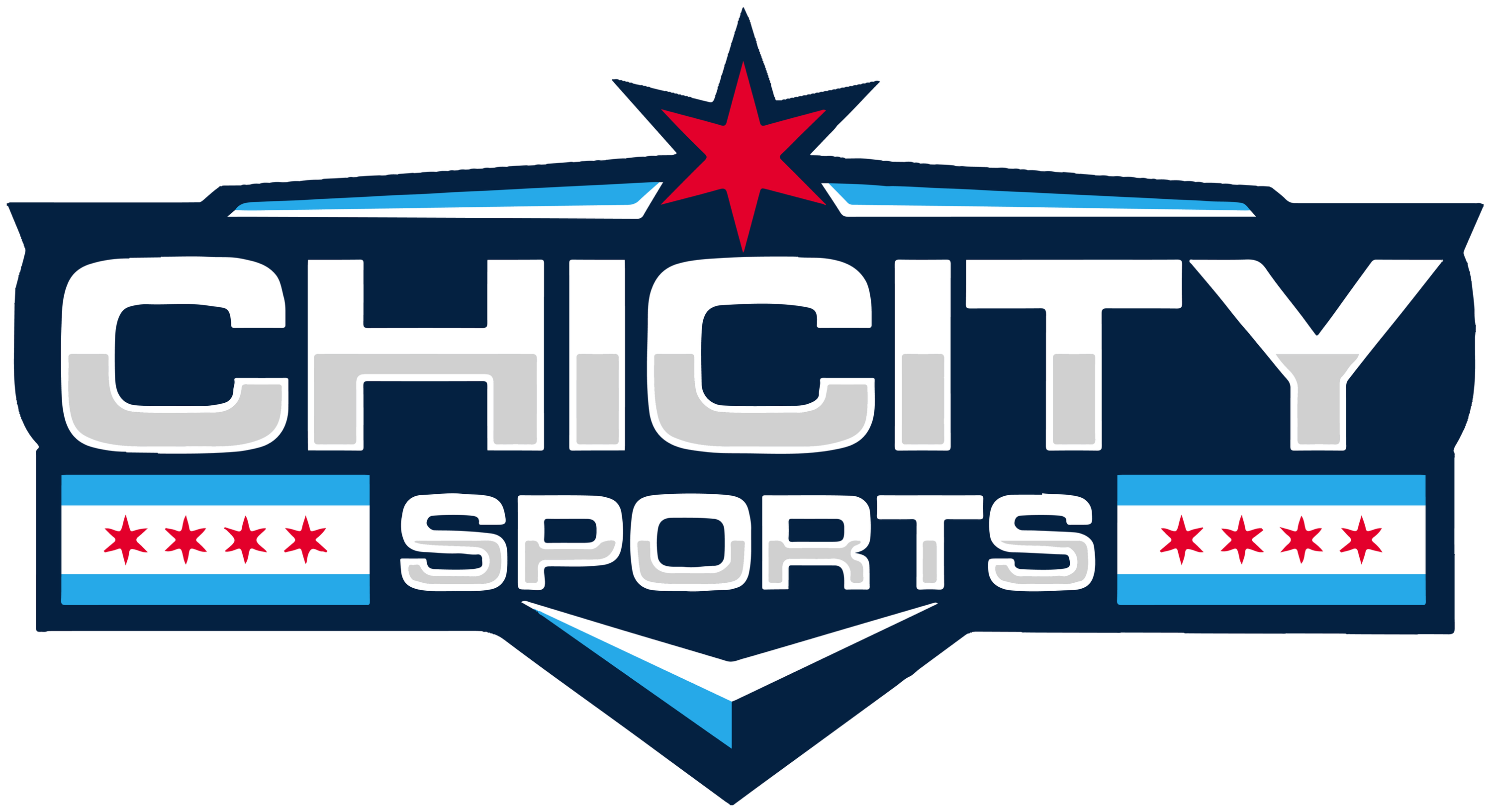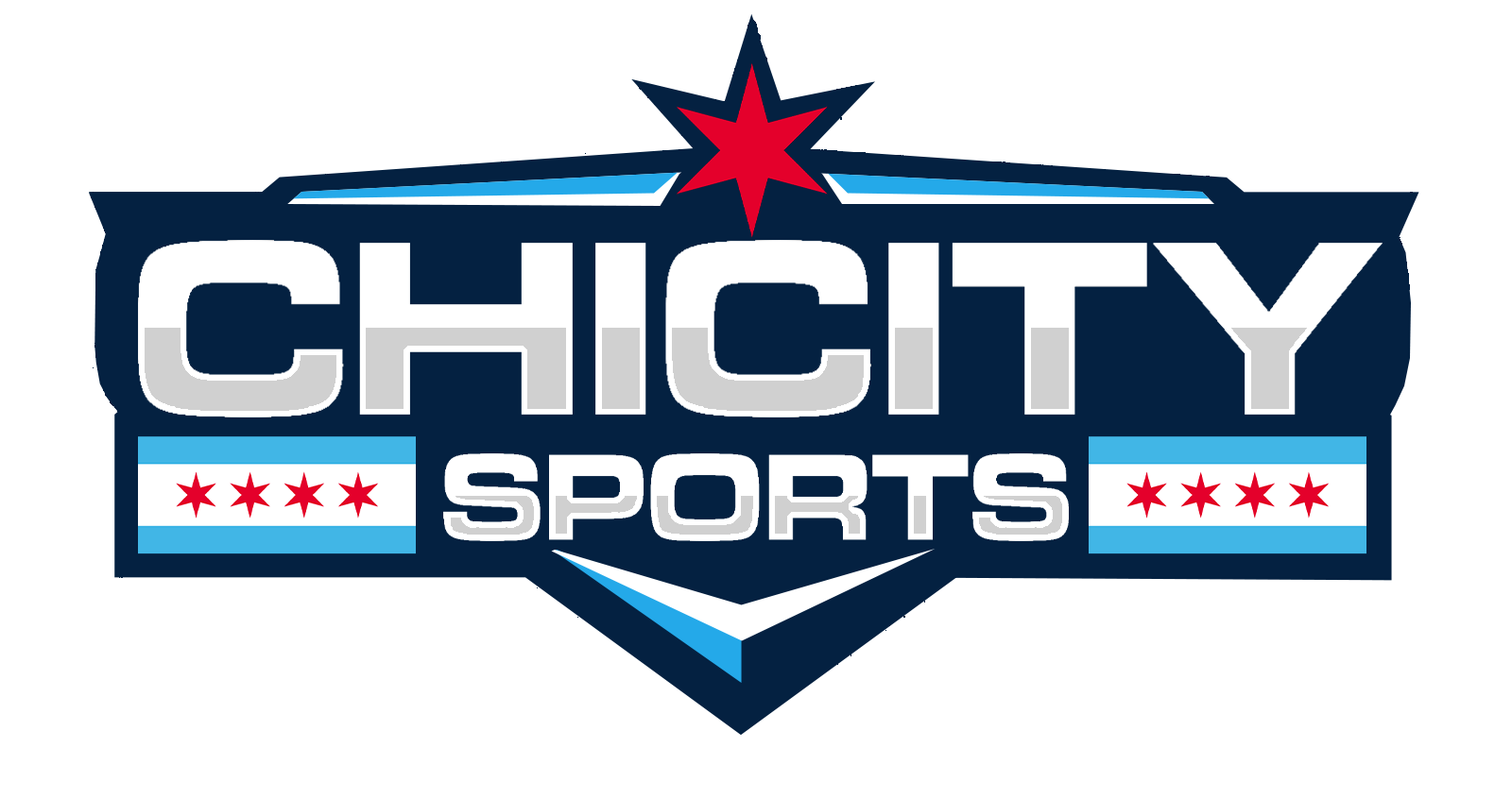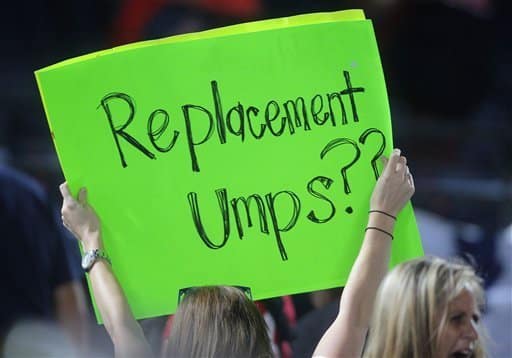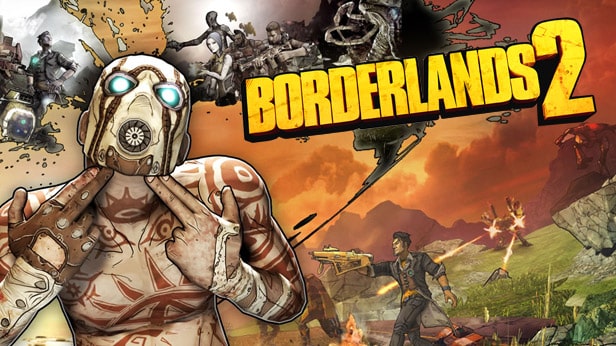Braves-Cardinals blown call
The NFL referee strike is over, and it appears the replacement refs left and came to the MLB. Just a few weeks after what many considered the worst call in sports history in the Packers-Seahawks Monday Night Football game, sports fans were once again left face palming after left field umpire Sam Holbrook blew a call in left field. The Braves’ Andrelton Simmons hit a fly ball into left field that dropped in between shortstop Pete Kozma and left fielder Matt Holliday, which appeared would load the bases with 1 out in the 8th inning, with the Braves trailing 6-3. Instead, Holbrook called Simmons out on the infield fly rule just as the ball was about to drop.
Let’s go over where he went wrong. First off, it’s kind of called the infield fly rule because it can only be called in the infield, not about 70 feet into the outfield. Secondly, in order to call it an infield fly, the fielder must make an “ordinary effort” to catch the ball. Neither Holliday nor Kozma made an attempt for the ball. Lastly, if the umpire calls an infield fly, he has to do so immediately, not as the ball is about to hit the grass. I don’t think there is too much a case that could be made for Holbrook; I’m sure we’ll hear him try to talk his way out of this in the next few days, but this was a pretty obvious blown call.
How does this stack up to the blown call at the end of the Packers-Seahawks game? If we eliminate playoff implications, both blown calls are close to equally bad as far as stupidity of the officials go. As far as deciding the game, no question the Packers would’ve won if it was called an interception, as for the Braves, they still would’ve had to make up a three-run deficient and also take the lead. But the reality is, it was a playoff game. Not game three of the regular season. That is why I said in my last column that the Packer’s call was overblown. Ultimately it was too early in the season to overreact from one game; there was still another 13 games to play. For the Braves, their season is over. Chipper Jones’ career is over. Braves fans, you had the right to throw debris on the field and delay the game 18 minutes. Heck, hand me a couple of beers and a hot dog and I’ll join in. NBA refs, the ball is in your court.
New flopping rule implemented in NBA
The time has finally come. After years of senseless arm waiving, over-exaggerations, full out dives and Chris Bosh somewhere in between, the NBA will penalize floppers by fining repeat offenders. Somewhere Anderson Varejao and the entire Los Angeles Clippers roster are mourning.
While there are still no in-game punishments for flopping, fines will be carried out after games if deemed necessary. Players will get warned after the game for their first infraction, $5,000 for a second violation, $10,000 for a third time, $15,000 for a fourth, and $30,000 for a fifth. If you are ridiculous enough to commit a sixth violation (Ginobili, I’m talking to you), it could result in a suspension.
Is this the perfect solution to flopping? No. Will it end flopping? No. Will it stop flops like this. Let’s hope. There is simply no place for flopping in the NBA, they are way too talented of players to perform such adolescent plays just to “sell the call.” Some players, coaches and owners around the league are concerned with the vagueness of the definition of a flop and how officials will determine what is or is not a flop. To be honest, I’ll take a few players getting fined for border-line flops over flops like this going unpenalized. Fans want to see players give their all and sacrifice their bodies for calls, not jump five feet back to take a charge. This new flopping penalty will do wonders to improve the game…to think the NBA actually did something right for once.
Does Triple Crown mean MVP?
After leading the American League in batting average (.330), home runs (44), and RBIs (139), Miguel Cabrera earned the Triple Crown, a feat previously untouched since Carl Yastrzemski in 1967. It goes without saying that achieving a milestone that had not been accomplished for almost a half century is pretty astonishing. I’m humbled to say I drafted him in my fantasy league (I definitely saw this one coming). At only 29, Miguel Cabrera has been a model of consistency and has followed a career path of a sure-fire hall of famer. Not only did Miggy lead the AL in those categories, but he actually led the entire MLB in the Triple Crown categories, minus Buster Posey who edged Cabrera with a .336 average.
So Cabrera’s a shoe-in for AL MVP…not if Mike Trout has something to say about it. The 21 year-old had himself an unparalleled rookie season that saw him quickly transform from Rookie of the year favorite to MVP front-runner. In fact, Trout accomplished something that has never been done in MLB history, hit 30 home runs, steal 45 bases, and score 125 runs in a season. Don’t forget Trout knows how to use his glove as well. There’s no question both of these guys have put up MVP-caliber seasons, but unfortunately, there can only be one… or can there be two? There’s always the possibility of Miguel Cabrera and Mike Trout sharing co-AL MVP honors. There has only been one such instance in MLB history, dating back to 1979 when Keith Hernandez and Willie Stargell shared NL MVP. It would be a shame for either of these guys to miss out on MVP, so you can count both of them on my ballot.
Adam Greenberg gets a second chance
In the sports world, there are many athletes that come and go, and a tight window for success. Some people see their 15 minutes of fame extend into an entire career; others only get to see one pitch. For Adam Greenberg, that’s no longer the case.
In 2005, Greenberg was an up and coming prospect for the Chicago Cubs, finally earning a call-up from the minors on July 7th in a game against the Florida Marlins. Without even taking the field, Greenberg was hit in the back of the head by a 92 MPH fastball from Valerio de los Santos, the first and only pitch he would see in his MLB career. That is, until this past Tuesday.
After countless unsuccessful minor league stints and years of battling effects from the incident, Greenberg got another at-bat in the majors, this time on the team that sealed his previous fate, the Miami Marlins. Greenberg signed a one-game, $2,623 contract, which he donated to an organization that researches brain trauma in athletes. “Dream On” by Aerosmith played in the stadium as he approached the plate against Cy Young candidate R.A. Dickey. Dickey’s knuckleball proved too much for Greenberg as he struck out, but the result of the at-bat was irrelevant. It was not only uplifting for Cubs and Marlins fans, or even baseball or sports fans as a whole, but for anyone who’s ever wanted a second chance.
For More Great Chicago Sports Content
Get the latest Chicago sports news, analysis, and breaking stories on the Bears, Bulls, Blackhawks, Cubs, White Sox, Sky, and more! Tap the star to add us to your favorites on Google News, so you never miss a story on your favorite Chicago teams.
Follow us on Twitter at @chicitysports23 for more great content. We appreciate you taking time to read our articles. To interact more with our community and keep up to date on the latest in Chicago sports news, JOIN OUR FREE FACEBOOK GROUP by CLICKING HERE




